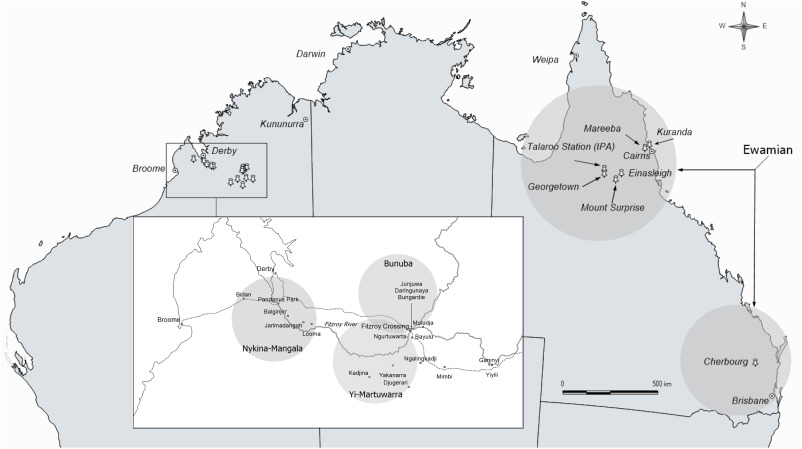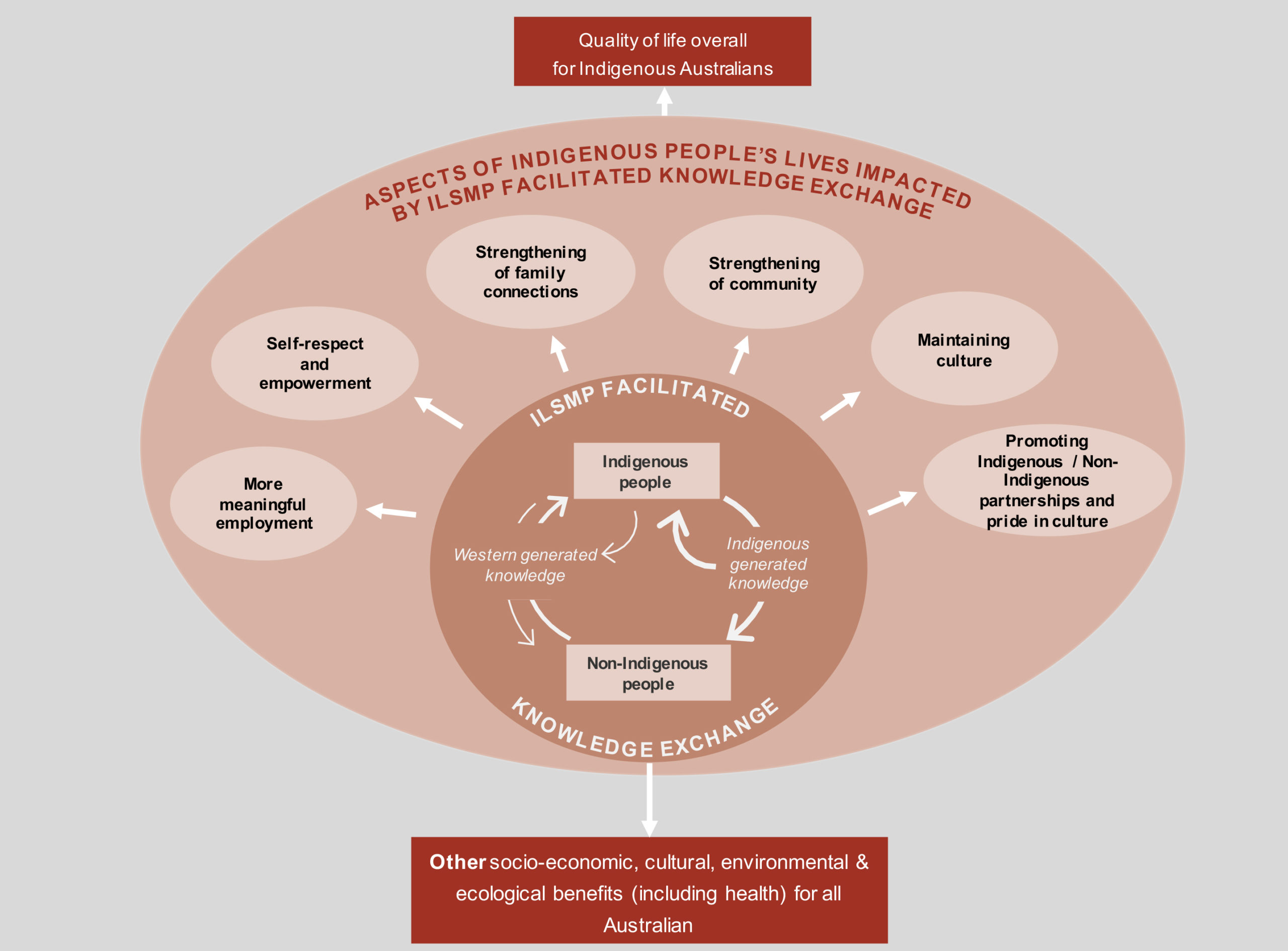13 November 2020
Indigenous land and sea management programs (ILSMPs) give Indigenous people the opportunity to work on country to protect ecosystems and cultural heritage.
New Hub research has found that opportunities for Indigenous people to exchange knowledge – both Indigenous and western-generated – through ILSMPs is having a largely positive impact on people’s wellbeing.
The researchers analysed data from interviews with 174 people from four Indigenous communities with ILSMPs in Western Australia and Queensland.

Survey participants reported that learning traditional knowledge was an overwhelmingly positive experience. However, when knowledge was shared in ways that were culturally inappropriate, it negatively affected their wellbeing, and also diminished the quality of the knowledge that was exchanged.
Improving the protocols around knowledge-sharing between ISLMPs has the potential to both improve wellbeing and the quality of the knowledge exchanged.

The research was part of a larger Hub project that assessed the economic and social benefits of ISLMPs, led by Professor Natalie Stoeckl of the University of Tasmania. Their findings will help policy-makers to improve the design of programs to further increase the wellbeing benefits gained from Indigenous land and sea management.
Want to know more about the Resilient Landscapes Hub's activities and our research into practical solutions to environmental problems? Stay informed about activities, research, publications, events and more through the Hub newsletter.